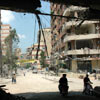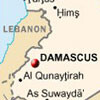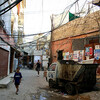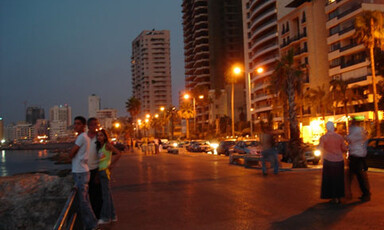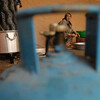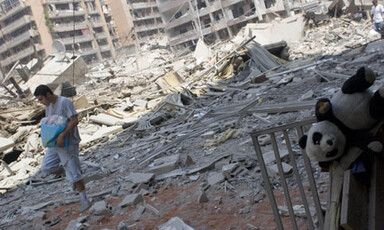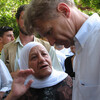
Egeland says situation "deteriorating by the day"
24 July 2006
In an exclusive interview with the UN’s Emergency Relief Co-ordinator, in Beirut on Monday, Jan Egeland told IRIN the humanitarian situation in Lebanon is rapidly deteriorating. Israel has been attacking Lebanon since 12 July displacing at least 700,000 civilians, the UN says. Read more about Egeland says situation "deteriorating by the day"
